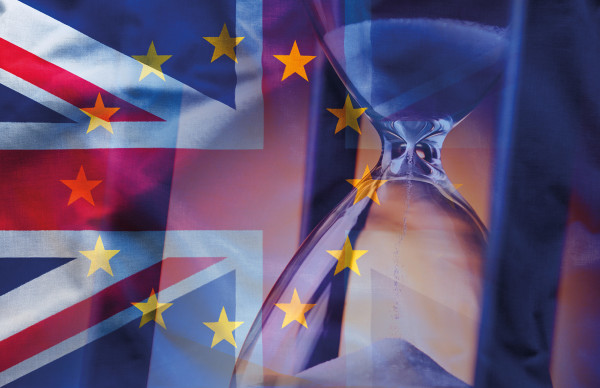Chris Murphy, a UK equity fund manager at Aviva Investors, says: “People are waiting for Brexit to be sorted, whatever it is. I think private equity has a wall of cash and international investors have a lot of money and they will start buying UK assets [once there is certainty].”
However, the ultimate effect that Brexit may have on dividends is hard to predict, because of the impact currency fluctuations are likely to have. Any deterioration in the economy could force companies to question the viability of their current payouts, but if this economic slowdown caused sterling to fall further, that would boost companies’ non-sterling dividends and the value of their overseas earnings.
Similarly, any certainty about the UK’s departure from the EU could also boost company shares and improve business conditions. But if greater Brexit certainty led sterling to strengthen, this could hurt names with significant dollar earnings. It could also lessen the value of non-sterling dividend payments.
In a mid-year report on UK dividends, asset manager OLIM noted that currency fluctuations were still a big factor for income investors. As Chart 1 shows, a significant proportion of dividends from across the FTSE All-Share came in non-sterling currencies in the first half of 2019.
“After being responsible for all of the sterling dividend growth recorded in 2016 following the devaluation of sterling…. currency movements are again dictating the overall growth in sterling payments to a large extent,” OLIM explained. “Just under 11 per cent of FTSE All-Share companies by number and well over a quarter of the stock market by market capitalisation declare non-sterling dividends, which accounted for 48 per cent of total dividends in the first half of 2019.”
Dark clouds
Putting Brexit uncertainty aside, there are other reasons for equity income investors to stay vigilant when it comes to the domestic market. Dividends are expected to grow by 6.5 per cent in 2019, to a new high of £91.2bn. But as AJ Bell notes, forecasts have fallen for two quarters in a row.
Some of this could simply relate to the strong performance of equities: the FTSE 100 gained around 5 per cent at the end of last year following the volatility of the final quarter. Yields have fallen as stocks have recovered this year.
But forecasts have also dropped because several companies have either cut their dividends or managed expectations around future payments.
Among those was Vodafone, one of the major dividend payers in the market, which announced in May it would cut its payout by 40 per cent. Prior to the announcement the company’s shares yielded close to 10 per cent. As of mid-July this figure stood at around 6 per cent.












